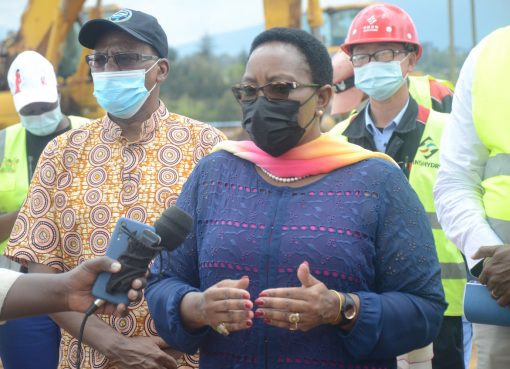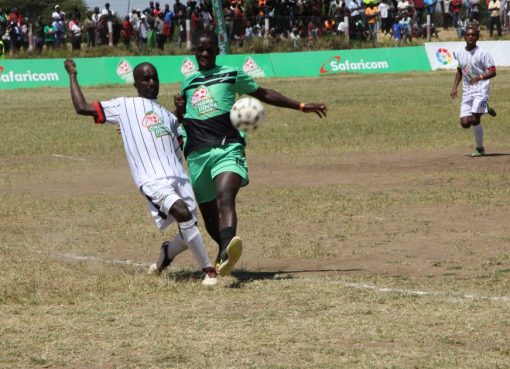Murang’a county referral hospital has recorded increase of kidney disease cases in the recent past.
More than 100 patients have been scheduled for dialysis at the hospital with others being put in a waiting list.
The doctor in charge of non-communicable diseases in the hospital James Kahura said almost on daily basis they get a patient with kidney problem.
Speaking when the hospital organized free screening for kidney diseases at the hospital to mark world’s kidney day Kahura said people try to ignore kidney health only to be taken to hospital at late stages.
The hospital which has 10 dialysis machines already is overwhelmed by big number of patients who need the service.
“Every day we receive patients who are either on their early stage of the disease called the proteinuria where the urine is stained with blood or at an advanced stage which calls for immediate start of dialysis session,” noted the renal doctor.
In exclusive interview with KNA, Kahura observed that kidney diseases are caused mainly by diabetes and high blood pressure where kidneys fail to filter and clean the blood in a healthy manner.
“Other risk factors that causes the disease are obesity, glomerulus related complication, low water intake to the body and excessive intake of alcohol,” he added.
The signs associated with kidney diseases, Kahura said are swelling of face and legs especially in the morning, general body fatigue and vomiting blood.
He noted that the hospital has organized forums to educate residents about kidney diseases and on ways to live health lives.
The doctor noted that dialysis services are expensive saying patients who are getting the services are supported by NHIF.
“In our renal unit we offer two sessions per day and we operate on week days. Patients are referred to this unit from even neighboring counties; so the unit is overstretched that’s why we have a backlog of patients waiting for the services,” he further said.
“We advise people to live a healthy lifestyle which includes doing exercises and maintain a healthy diet and more to that, have regular check-ups at the health facilities where their urine is tested to assess the situation of their kidneys.”
He continued “A person should ensure body mass index rages between18 to 25. An index marking beyond 25, puts an individual at a high risk of being diagnosed with the renal disease.”
Grace Muthoni, who was receiving dialysis services in the hospital opted for kidney transplant and was successfully healed urged kidney patients to think of transplant saying dialysis services usually are big burden to patients.
She challenged the government to consider supporting kidney transplant operations saying it can be of much benefit than dialysis services.
By Bernard Munyao and Alfred Kariuki





